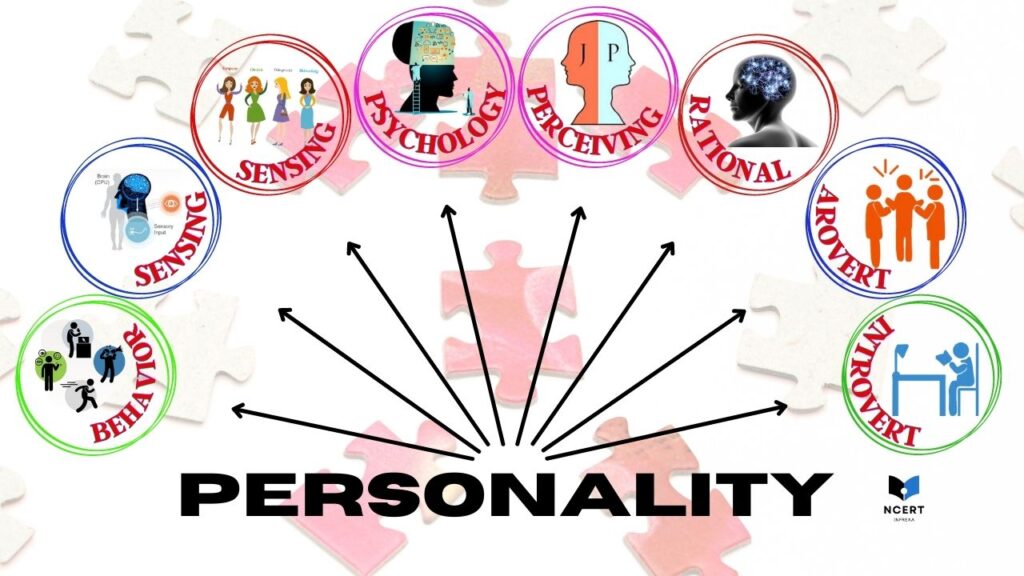Childhood is that stage of children, in which the memory consciousness of the students is developed. Childhood is considered to be 6 to 12 years, in which students are curious to know about new things.
It is that stage of development in which the development of the personality and character of the child takes place at a rapid pace.
Under this stage, the responsibility of both parents and teachers increases to a great extent because in this stage the amount of spoilage of the children is high. At this stage, there is a great need to guide the students properly.
What is childhood
Childhood is the stage after infancy. In this stage, children reach this stage after completing the process of development from infancy.
This stage is the stage of personality and character formation of the students, so many psychologists consider this stage to be a formative stage as well.
This stage occurs at the age of 6 to 12 years. Under this, the growing stage has been divided into two parts, that is, the stage of 6-9 years is divided as pre-childhood and the age years of 9-12 as post-childhood.
Related: Child Psychology: Definition, uses and principles
Definition of childhood by different authors
1. Jean Piaget: A renowned developmental psychologist, Piaget defined childhood as a period of cognitive development characterized by four distinct stages: sensorimotor, preoperational, concrete operational, and formal operational. He viewed childhood as a journey of mental growth and exploration, where children gradually acquire the ability to think logically, solve problems, and understand abstract concepts.
2. Lev Vygotsky: Another influential psychologist, Vygotsky emphasized the social and cultural context of childhood. He believed that children learn and develop through interactions with their environment and caregivers, acquiring knowledge and skills through collaboration and social interactions. He defined childhood as a time of active learning and cultural transmission, where children internalize the values and practices of their surrounding community.
3. Alice Miller: A Swiss psychoanalyst, Miller offered a more critical perspective on childhood, highlighting the potential for emotional and psychological harm within some family dynamics. She argued that childhood experiences shape our adult personalities and that suppressing or neglecting negative experiences in childhood can lead to emotional issues later in life. Her definition of childhood emphasizes the importance of emotional well-being and the need for nurturing and supportive environments for healthy development.
4. Erik Erikson: Erik Erikson, a developmental psychologist, expanded on Freud’s work and proposed a psychosocial theory of development. He identified stages of psychosocial development, including a stage focused on childhood, where the key task is developing a sense of trust versus mistrust.
5. Neil Postman: A media critic, Postman argued that the traditional concept of childhood has been eroded by the rise of mass media and technology. He believed that children are now exposed to adult-oriented content and experiences at a much younger age, blurring the boundaries between childhood and adulthood. His definition, emphasizes the need to protect children from the harmful influences of the modern world and provide them with opportunities for imaginative play and exploration.
6. Margaret Mead: An anthropologist, Mead studied childhood in various cultures and emphasized the role of cultural expectations and practices in shaping children’s experiences. She highlighted the diversity of childhood experiences across cultures and cautioned against universalizing a single definition. Her work emphasizes the importance of understanding the cultural context in which children grow and develop.
Related: IQ Test: How to Know Your IQ
Characteristics of childhood
Physical development
- Rapid growth and change: Children experience rapid physical growth in height, weight, and muscle mass during childhood. Their motor skills also develop significantly, allowing them to move with greater coordination and control.
- Development of senses and perception: Children’s senses become increasingly refined during this time, allowing them to experience the world in richer detail. They also develop their cognitive abilities, including perception, memory, and problem-solving skills.
- Brain development: The brain undergoes significant development during childhood, forming crucial neural pathways that underpin cognitive function, language, and emotional regulation.
Cognitive development
- Curiosity and exploration: Children are naturally curious and driven to explore their environment. They ask questions, experiment, and seek out new experiences to learn and make sense of the world around them.
- Playful learning: Play is a primary mode of learning for children. Through play, they develop their imagination, creativity, social skills, and problem-solving abilities.
- Concrete thinking: Children tend to think in concrete terms, focusing on the present and observable world. They may struggle with abstract concepts and may not yet understand cause-and-effect relationships.
Emotional and social development
- Developing self-awareness: Children begin to develop a sense of self and their place in the world. They become aware of their emotions and learn to express them.
- Attachment and relationships: Strong attachments to caregivers are crucial for children’s emotional well-being and development. These attachments provide a sense of security and trust that allows them to explore the world confidently.
- Social skills and friendships: Children learn to interact with others, develop social skills, and form friendships. They learn about cooperation, sharing, empathy, and conflict resolution.
- Moral development: Children begin to develop their sense of right and wrong, often through stories, rules, and experiences with their caregivers and peers.
Conclusion
Childhood is a very important stage. In which the responsibility of parents and teachers increases because in this stage children are more social and are in the stage of a developmental process.
In this article, you learned what childhood is. Its definition and characteristics. If you liked this post, please do share it with your family and friends.




